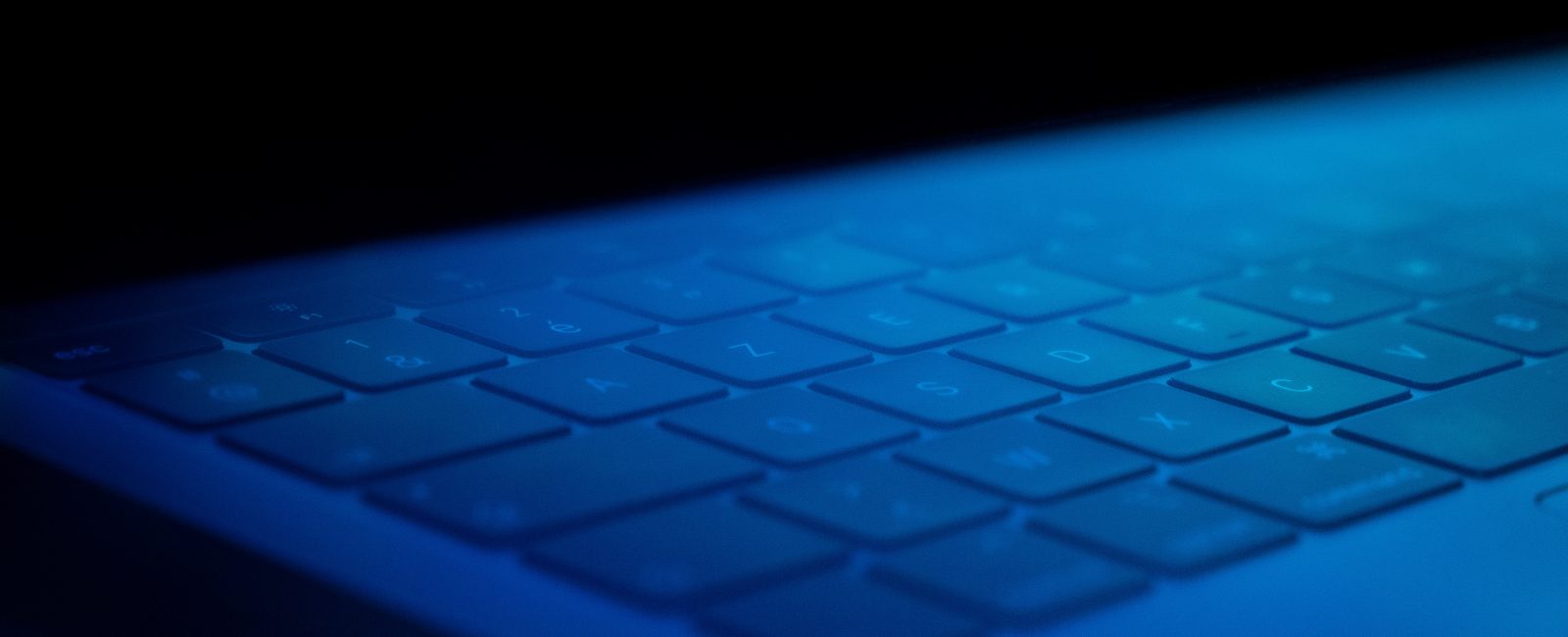“Is VoIP safe?”
This would probably be the most common question that we get from anyone curious about what VoIP can do.
As great as a VoIP system can be in integrating functions to let enterprises save time and money, there will always be security concerns.
But let us be clear: these security concerns would be present with anything that exists through the internet. They’re not exclusive to VoIP.
That’s just the truth of the matter. Nothing is ever invulnerable to attacks. Because hackers are always looking for new ways to do damage, all the prerequisites of security also change.
Therefore, it’s impossible to entirely eliminate all security threats. Anyone making such a promise isn’t being realistic or honest. What you can do is put up as much protection against these.
Why should you care about VoIP security in the first place?
Many small business owners think that they can’t be the target because it won’t be worth it. But security breaches aren’t just those that you hear happening to billion-dollar companies on the news. It can happen to you too.
But regardless of business scale, a security breach will always be devastating. This is especially true for enterprises that have business models that rely mostly on calling people all the time.
Fortunately, VoIP is very secure nowadays if you get them from reputable providers like Telnum. But that doesn’t mean you should keep your guards down.
What are the biggest threats today?
If you think it’s just about someone listening in to your calls, you’re wrong. There are a lot of ways that low security can be exploited by hackers. Here are just some of them:
- Phishing
This happens when someone with access to your VoIP system gives out sensitive or confidential information to a caller because they trust the caller’s address.
- Spam
Robocalls fill up your voicemail or are jamming your lines. You don’t know where they’re coming from because the caller ID is private.
- Denial of Service
For businesses whose primary services are supported by calls, this can mean total disruption. It increases the lag time and degrades call quality.
- Malware
Hackers will use software to extract information within the company by getting potential login credentials like email addresses and phone numbers.
- Toll fraud
Someone will call a toll number from international locations. Since the charges are shouldered by you, you’ll be left with the phone bill.
How can you protect your VoIP network from these threats?
Protecting your VoIP system is simpler than you think. All it takes is your conscious effort – as well as that of your staff – to minimize your exposure to all threats. Here are a few things that can be done on your end:
- Encourage reporting
If any of your staff notices strange behavior, they should feel comfortable reporting it right away. Of course, this entails clearly defining what’s considered strange.
But at the same time, make it clear that your definition isn’t all-encompassing. If they see something else that seems off, they should let it be known as well.
- Use VPN
A VPN or virtual private network secures your connection on the internet. It encrypts all traffic coming in and going out, making it a perfect solution for your remote staff.
- Use WiFi encryption
For your staff who’s in the office, make sure that they connect only to a WiFi network with WPA2 encryption. This is pretty easy to set up and makes your connection infinitely more secure.
- Review call logs and calling statistics
Look for suspicious patterns or trends. Your security may be compromised and you don’t even know it. For example, are there a lot of calls made from a certain account?
The statistics would give you a macro picture of what’s happening.
- Get rid of inactive accounts
Usually, inactive accounts would belong to former staff who have since quit. It could also happen if you’ve just downsized.
If there’s an account that no one uses anymore, shut it down right away.
- Create security SOPs
Human error can be very expensive. That’s why you should educate your staff on the dos and don’ts of using the VoIP system.
Ideally, this would be part of your onboarding. And to ensure that they don’t forget, there should be regular reviews.
- Use strong passwords
This isn’t just for you, but for everyone who has login access to the system. Stronger passwords are much harder to hack, making it virtually impossible for someone to just guess it.
VoIP is only as secure as you make it to be. By being aware of the threats that exist and acting on security improvements to prevent issues, you’re minimizing the odds that someone would successfully get in.





